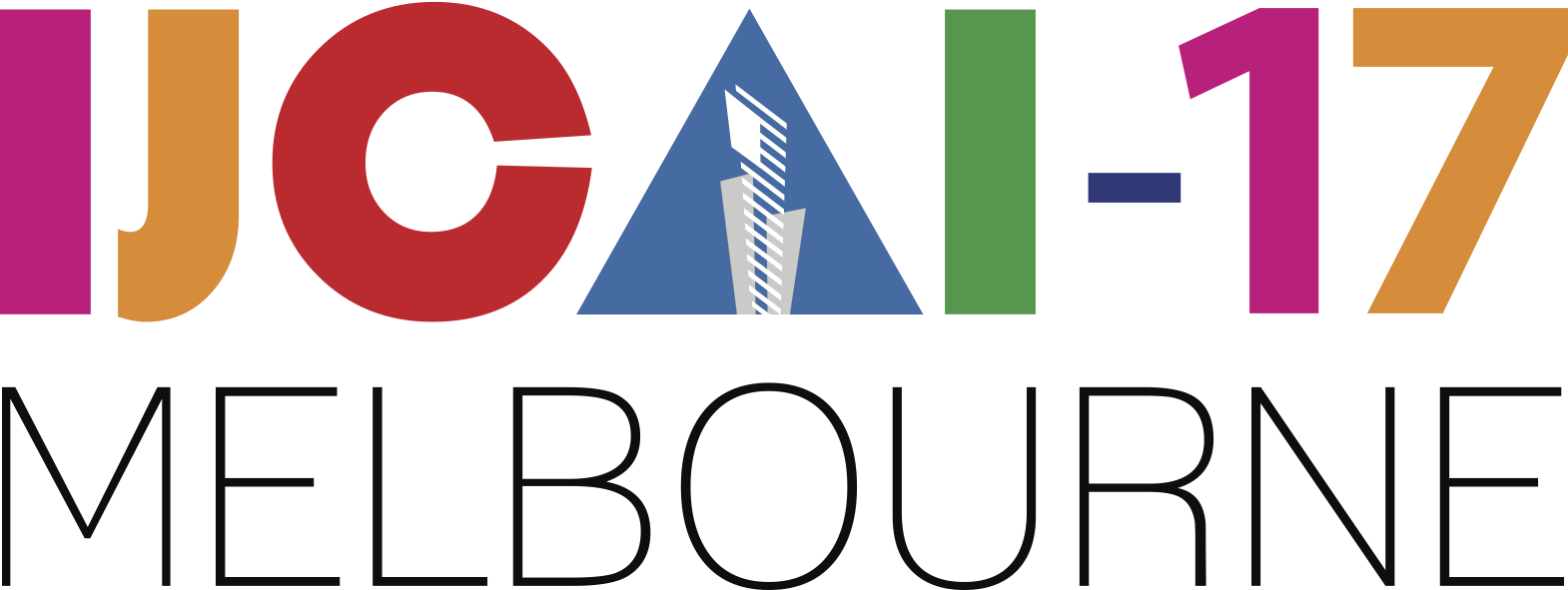Overview
Recent years have witnessed a rapid growth of interest in formal models of argumentation and their application in diverse sub-fields and domains of application of AI, including reasoning in the presence of inconsistency, non-monotonic reasoning, decision making, inter-agent communication, the semantic web, grid applications, ontologies, recommender systems, machine learning, neural networks, trust computing, normative systems, social choice theory, judgement aggregation and game theory, and law and medicine. Argumentation thus shows great promise as a theoretically-grounded tool for a wide range of applications.
This workshop aims at contributing to the realisation of this promise, by promoting and fostering uptake of argumentation as a viable AI paradigm with wide ranging application, and providing a forum for further development of ideas and the initiation of new and innovative collaborations. We therefore invite submission of papers on formal theoretical models of argumentation and application of such models in (sub-fields of) AI; evaluation of models, both theoretical (in terms of formal properties of existing or new formal models) and practical (in concretely developed applications); theories and applications developed through inter-disciplinary collaborations.
The workshop will solicit papers dealing with, but not limited to, the following topics:
- Properties of formal models of argumentation
- Instantiations of abstract argumentation frameworks
- Relationships amongst different argumentation frameworks
- Practical applications of formal models of argumentation
- Argumentation and other Artificial Intelligence techniques
- Evaluation of formal models of argumentation
- Validation and evaluation of applications of argumentation
This year, TAFA-17 also includes a system track in order to provide a forum for presenting and discussing argumentation solvers, algorithms, implementation details and empirical evaluations. The track is particularly suited for, but not limited to, ICCMA participants. Submissions for the system track should not be longer than 5 pages.
As in previous editions of the workshop, selected papers will be published in a LNAI post-proceedings.
ICCMA
The Second International Competition on Computational Models of Argumentation (ICCMA) will be co-located with TAFA-17.
Location
TAFA-17 will be hosted as an IJCAI-17 workshop, and will take place in Melbourne, Australia, August 19-25, 2017
Code of Conduct
We are committed to providing a welcoming, safe and productive environment for all who attend TAFA, regardless of gender, gender identity and expression, sexual orientation, disability, physical appearance, body size, race, age or religion. We do not tolerate any form of intimidation, harassment, or disrespectful conduct at our events.
Harassment includes offensive verbal comments and inappropriate or demeaning language related to gender, gender identity and expression, sexual orientation, disability, physical appearance, body size, race, religion. Participants asked to stop any harassing behaviour are expected to comply immediately.
If a participant engages in harassing behaviour, the event organisers may take any action they deem appropriate, including warning the offender or expulsion from the workshop. If you are being harassed, notice that someone else is being harassed, or have any other concerns, please contact one of the organisers.
News
19 July 2017: Programme published.
20 January 2017: Website goes live.
20 April 2017: Workshop dates: 19-20 August.
